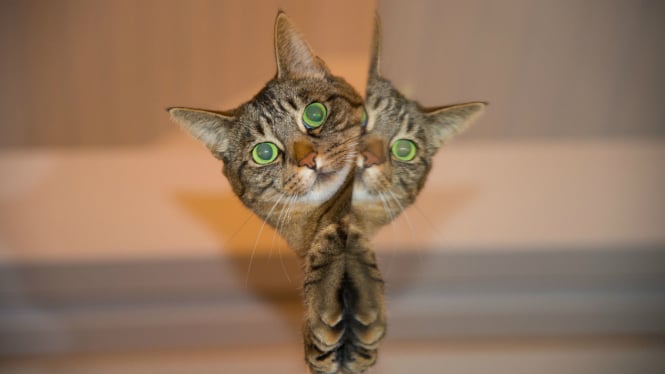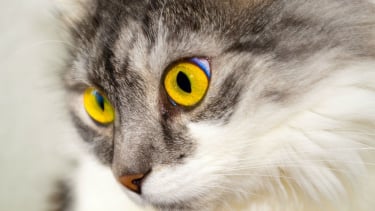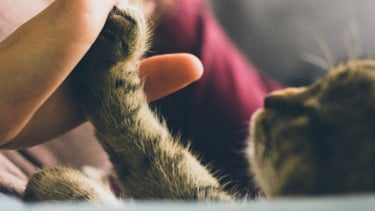5 Reasons of Hair Loss in Cats
- Pixabay/Schmid-Reportagen
Jakarta – Hair loss, medically known as alopecia, can be a concerning issue for cat owners. While some shedding is normal, excessive or abnormal hair loss in cats may indicate an underlying health problem.
Well, there are some reasons why your cat experiences hair loss, as quoted from minnievilleah site.
1. Allergies
Allergies are one of the most common causes of hair loss in cats. These reactions can stem from a variety of factors, such as certain foods, environmental elements like pollen, or even certain materials found in your cat’s bedding.
Allergic reactions often lead to itchy, inflamed skin that may result in your cat scratching or licking excessively, causing hair loss.
Ilustrasi kucing
- Pixabay
2. Parasites
Parasites, including fleas, mites, and lice, are another leading cause of hair loss in our feline companions. Infestations can lead to persistent scratching and over-grooming, which often results in noticeable hair loss. Besides, some cats may also be allergic to flea saliva, which exacerbates hair loss.
3. Dermatitis
Dermatitis, a condition that leads to inflamed skin, can also result in significant hair loss in cats. It can be caused by various factors such as contact with certain chemicals, irritants, or even sunburn. It often leads to scratching and over-grooming due to discomfort, contributing to fur loss.
4. Hormonal Imbalances
Ilustrasi seekor kucing.
- Pixabay
Endocrine diseases, such as hyperthyroidism and certain adrenal disorders, can cause hormonal imbalances in cats.
These imbalances can disrupt the hair growth cycle, resulting in thinning fur or hair loss. It’s important to note that hormonal imbalances often come with other symptoms like changes in appetite, behavior, or weight.
5. Fungal Infections
Fungal infections, such as ringworm, can cause circular patches of hair loss in cats. While this is more common in kittens, adult cats are not immune. Hair loss from ringworm is often accompanied by crusty, inflamed skin.
Understanding the reasons behind your feline friend’s hair loss is crucial to providing them with the best care.
While this guide offers an overview of the possible causes, it's not a substitute for professional veterinary advice. If your cat is experiencing abnormal hair loss, it’s always best to consult with an experienced veterinarian.





































